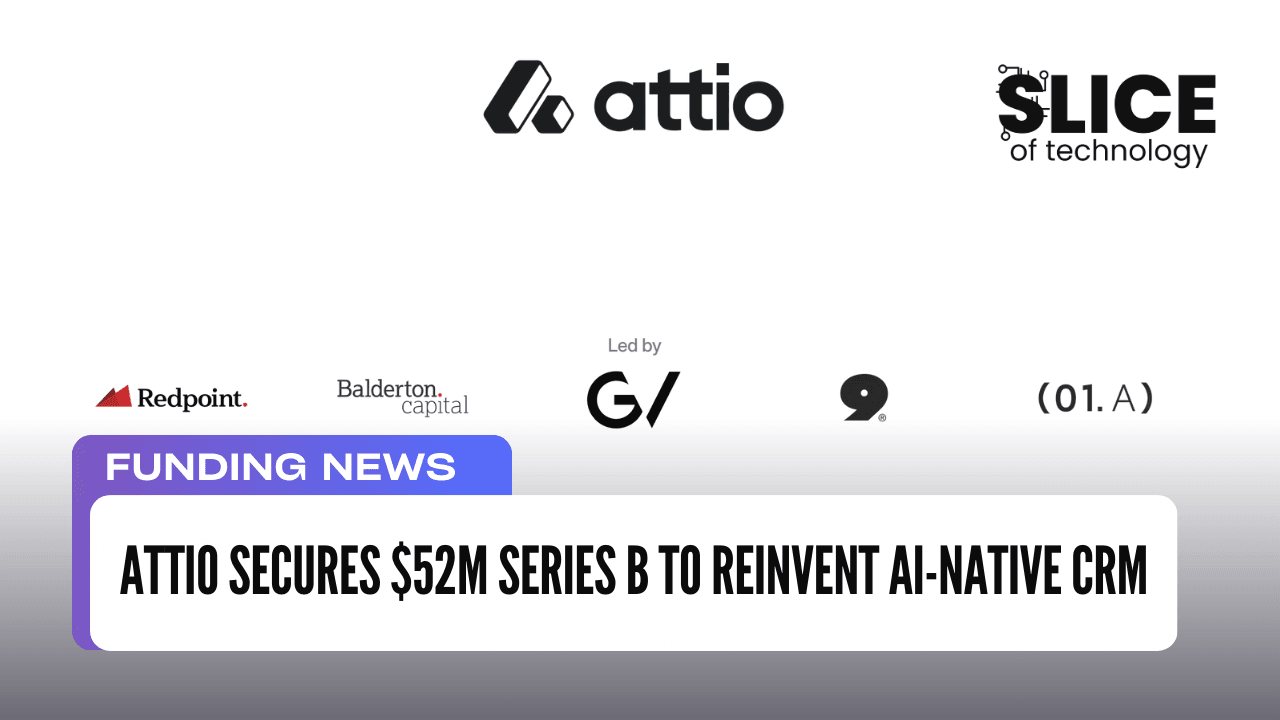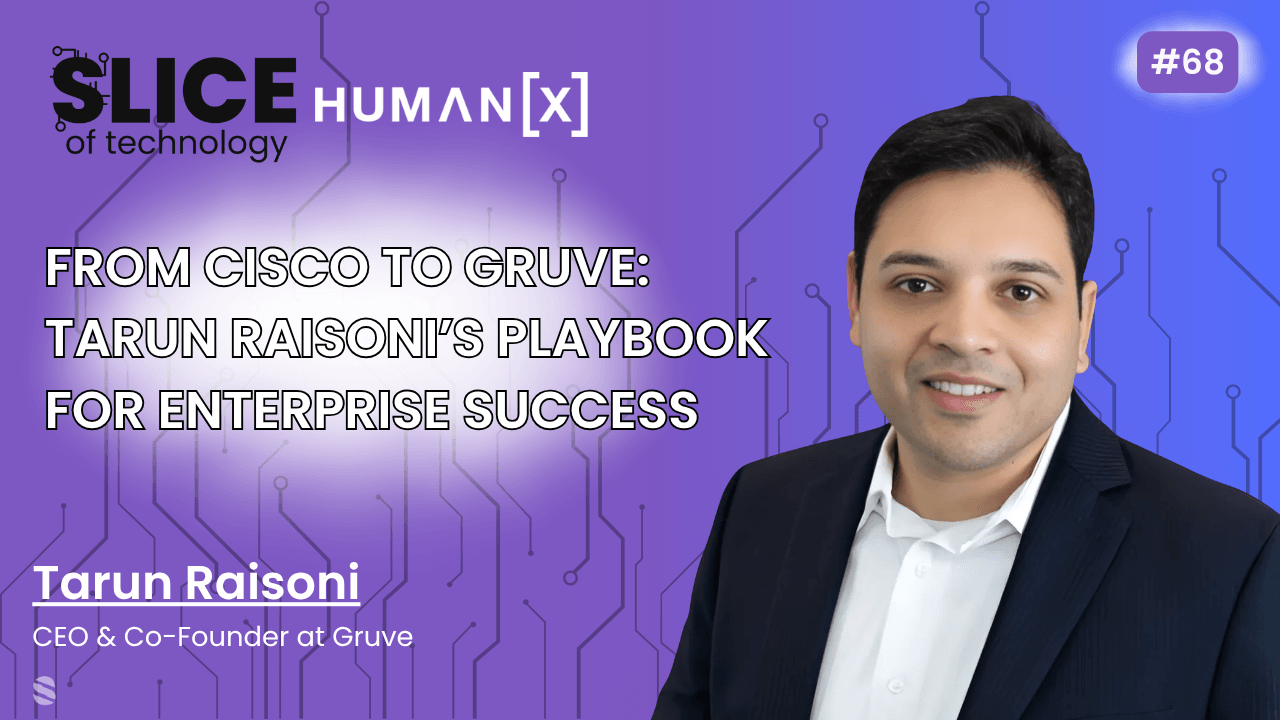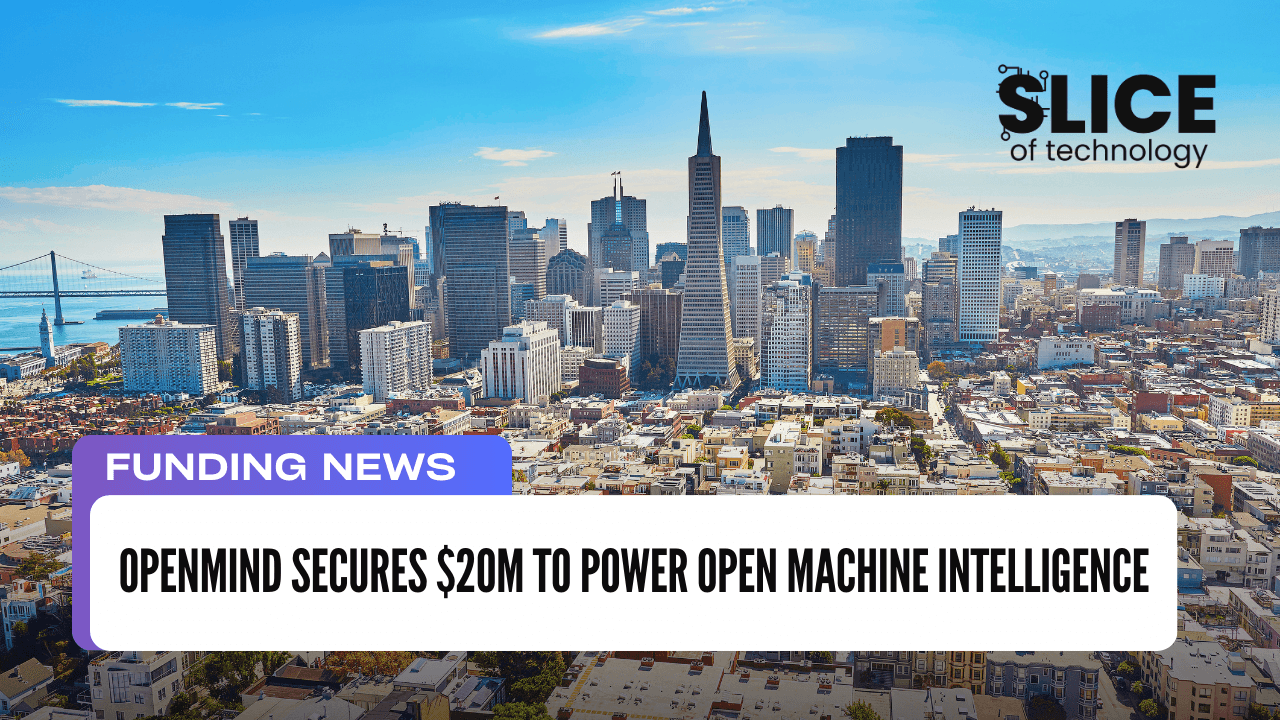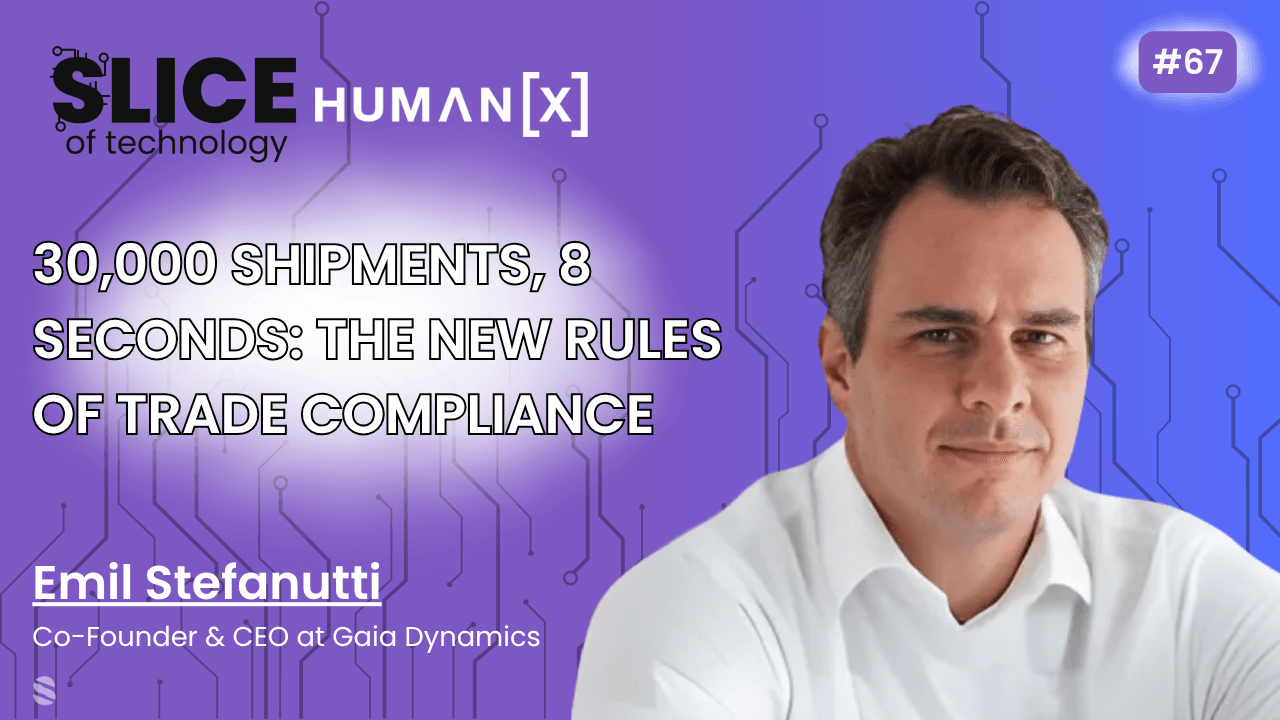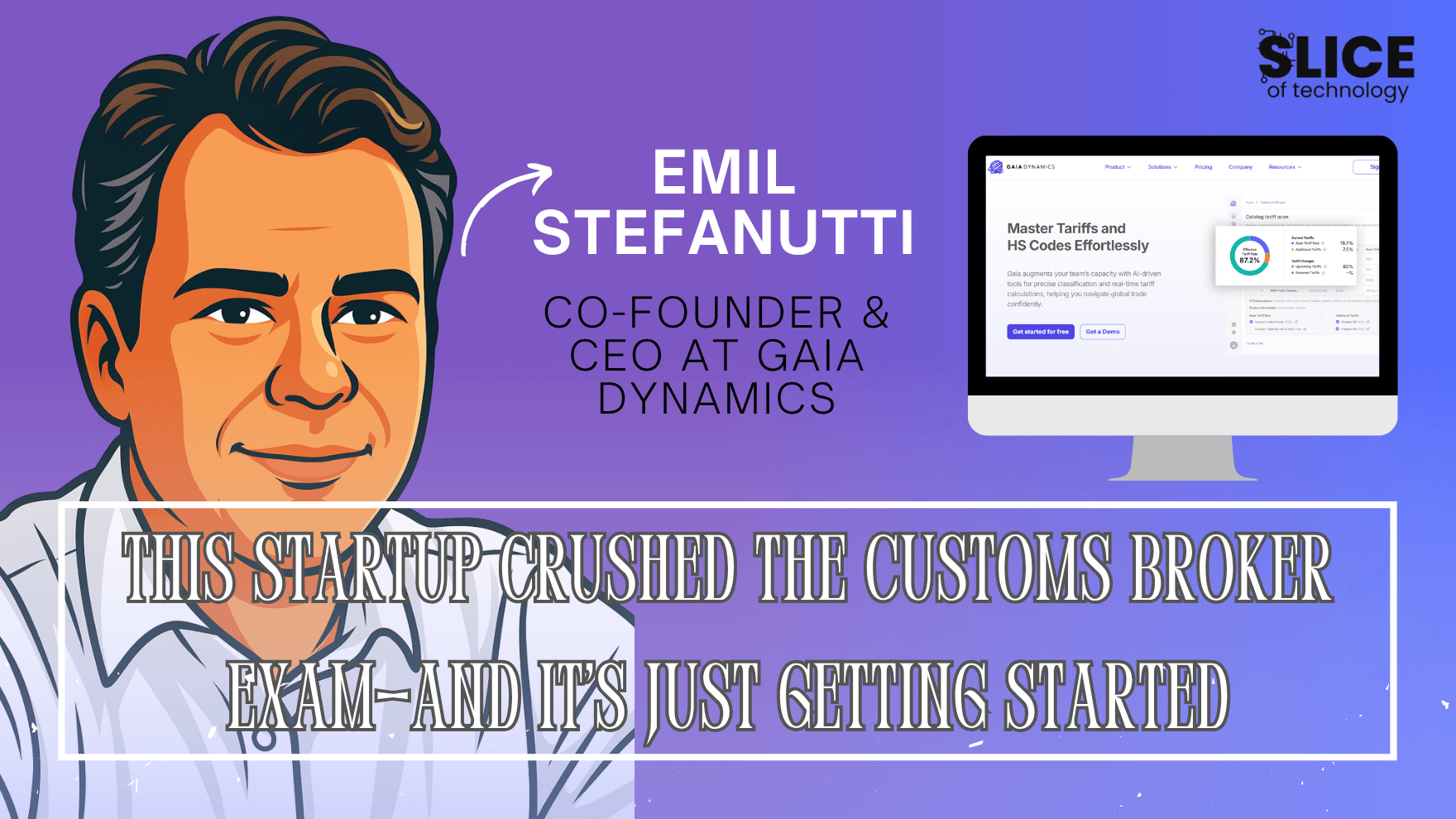
This startup crushed the customs broker exam—and it's just getting started
What do you get when a designer teams up with one of the top minds in AI to fix one of the most mind-numbing problems in global trade? A bot that just aced the customs broker exam and might save you millions.
Making sense of the global trade mess
Gaia Dynamics helps businesses untangle the chaos of cross-border trade compliance. Their AI figures out the right classifications, tariffs, and regulations for products moving across borders—tasks that usually take hours and armies of experts. With Gaia, it takes seconds.
From design to disruption
Emil Stefanutti didn’t set out to build an AI company. He started as a designer and became a repeat entrepreneur, with two exits and a third company still thriving. Gaia is his fourth. After collaborating with Andrew Ng’s AI Fund—yes, that Andrew Ng—he zeroed in on a problem few understand but everyone in global trade feels: compliance. Tariffs, sanctions, product classifications. The stuff that makes supply chain teams sweat.
“It's chaotic,” Stefanutti says. “Even my kids are asking about tariffs at the dinner table.”
A robot passed the customs broker exam. Humans rarely do.
The U.S. customs broker exam is notoriously brutal. Pass rates hover around 30%, and sometimes drop below 5%. Gaia’s AI passed it with perfect accuracy.
Let that sink in.
For companies struggling to find qualified brokers—or keep up with constantly shifting regulations—that's a big deal. And the AI isn’t just test-smart. In real-world scenarios, it’s clocking 97–98% accuracy.
One day instead of 180
One of the world’s biggest automakers brought Gaia a list of 30,000 parts to classify. By human standards, that’s a 180-day job for a 10-person team. Gaia did it in one day, with one person supervising. Cost? A fraction.
“Time is everything,” Stefanutti says. “When tariff news breaks, you can’t afford to wait.”
Who this helps—and why it matters
Big manufacturers love Gaia. But the real impact? Small businesses.
Only 9% of U.S. small businesses export. Those who do tend to be more successful. But the top reason most don’t? They can’t deal with compliance. Gaia could change that by lowering the barrier to global markets.
The vision: less friction, more trade
In five years, Stefanutti sees customs operations becoming faster, smarter, and less reliant on manual grunt work. Brokers will shift from paperwork to strategy. And more businesses—especially smaller ones—will go global.
Final word
“If you’re not using technology, you’re leaving time and money on the table,” Stefanutti says. Gaia isn’t about replacing people. It’s about making them faster, smarter, and able to handle more with less.
